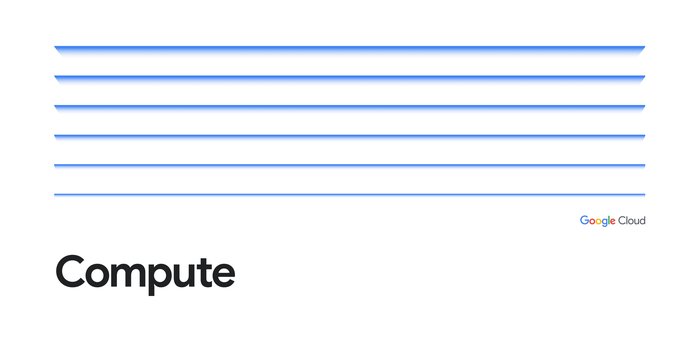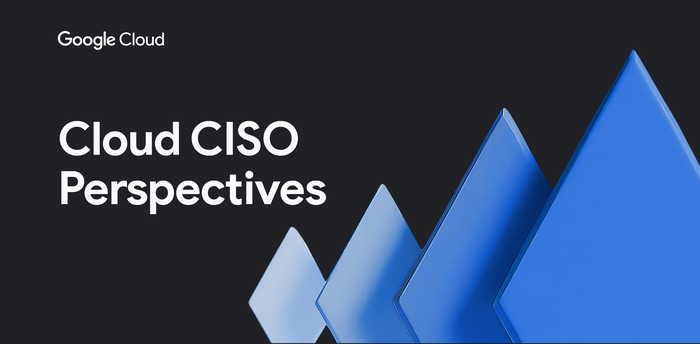HSBC deploys Dialogflow, easing call burden on policy experts
Derek White
VP, Global Financial Services Industry Solutions, Google Cloud
Banks are among the most highly regulated businesses on the planet, subject to regulations based on geography as well as their own internal policies and procedures. HSBC, a global giant in commercial and personal banking, has experts all over the world who support thousands of their risk management colleagues each time they need an internal policy question answered. The sheer volume of HSBC’s business means that making everyday risk management decisions can result in tens of thousands of calls to internal policy experts every year.
Because questions can come from all over the world, naturally there can be delays due to time zone differences and individual workloads. And depending on the day, people’s responses can vary. Steve Suarez, HSBC’s Global Head of Innovation, Finance & Risk and Gareth Butler, Head of Risk Transformation and innovation Lead for Asia Pacific, thought the bank could use artificial intelligence (AI) to take a fresh approach to operational risk and resilience. The goals would be to answer questions faster and to improve the overall consistency and quality of policy response.
Building with Contact Center AI to answer questions quickly and consistently
HSBC wanted to use AI and machine learning (ML) to reduce the time employees were spending on manually intensive queries, improve the consistency of policy response, and understand what kinds of questions were being asked. The bank envisioned building a solution that would support its large-scale, global environment. After evaluating the main AI solutions on the market, HSBC selected Google Cloud for the project, leveraging their existing strategic relationship. The bank worked with the customer engineering team at Google Cloud, who helped it to connect with partner KPMG’s Innovation Division. Together they formed a project team to architect and deliver Operational Resilience and Risk Application (ORRA), the first of what HSBC hopes will be many FAQ and document search-enabled chatbots.
ORRA performs dynamic document search and powers natural conversations with Google Cloud Dialogflow, a core component of Google Cloud Contact Center AI. Easily accessible to all employees from the HSBC intranet, ORRA answers queries on internal policy and framework areas applicable across the bank. And with Dialogflow, HSBC was able to build a conversational platform that quickly and accurately addressed user needs at scale.
HSBC chose Dialogflow as a cost efficient, feature-rich solution for large scale conversational FAQ flow. The team created the initial knowledge base consisting of intents, utterances, and answers and used the bulk upload function to load it into the Dialogflow console. The wide range of native features was utilized to finesse intents, train responses, and to create synonyms and entities. They added smalltalk to humanize the bot responses and to create a “real-world personality”.
Within the Google Cloud chatbot architecture the team implemented an inhouse document search capability which returns search responses through the friendly user interface (UI). Dialogflow coupled with this search capability enabled a groundbreaking solution for HSBC employees. Users now get direct answers to questions with the flexibility of an app using Natural Language Processing (NLP) to interrogate large documents for supplementary answers in milliseconds – all through the same UI. Dialogflow’s native machine learning and NLP technologies improve the user experience and reduce the setup required to develop complex conversation architectures.
Using machine learning to inform decision making
“The knowledge gained from analyzing the type, frequency, and source of queries is in itself valuable business intelligence on internal demands for information,” said Suarez. “ORRA learns from every conversation, and at the most basic level, the more questions employees have about a specific policy, the more likely that policy may be due for simplification or revision.”
“In addition to providing rapid access to information, ORRA also brings important benefits for learning and development and the embedding of policies and procedures” said Butler. “As query flow increases, the architecture uses machine learning and user feedback to determine the best response to give”.
“It’s about the speed of getting your information,” said Suarez. “Before the FAQ chatbot, somebody would ask you a question and if you didn't know the answer or you gave an inconsistent answer, you'd have to do a bit of research and then come back to them. People go out and use Google to answer questions every day and receive instant, precise responses. Similarly, we’re now getting information to users in a way that feels familiar to them without having to read through an entire policy document.“ He said this gives risk managers access to immediate, accurate policy information and frees up time for subject matter experts to focus on adding value in less routine areas of their jobs.
Creating conversation architecture that scales across the organization
Future versions of ORRA will include guidance on judgment calls. “As we move forward, we’ll be adding in more around risk acceptance, risk issue, and risk relevance,” said Chris Wilson, Head of Architecture, Policy & Regulatory Mapping at HSBC.
The next evolution of HSBC’s FAQ chatbot will involve scaling the architecture to capture other policies and procedural data. “This is only the beginning of our conversational AI journey,” adds Butler. The solution can accommodate more policies and documents, it can also be enhanced to support multiple languages, mobile interactions, and speech and can search numeric as well as text-based data stores. “This opens up more possibilities in this space as more information is hosted on the cloud,” Butler said.
The bank is focused on how the AI/ML solution can be extended to other areas of the organization. Having invested the resources to develop and implement ORRA, they believe future expansion will be simple and cost-effective. Given the pervasiveness of chatbots across all areas of our lives, Suarez sees this as an imperative for the bank.
“In the future, we are going to be interacting with chatbots frequently for routine transactions,” he said. “As a leader in the financial services industry and a technology innovator, HSBC is taking the first steps in using cloud-based chatbot technology to get fast, accurate answers to our customers.”



